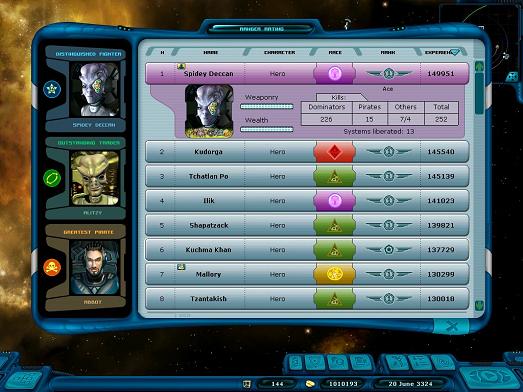I noticed Dr. Mahathir’s latest outburst on Sunday in The Star. My initial impression was that it was more of his usual anti-Western drivel. A line like, “He suggested that everyone should go back to producing goods and services although the profits would not be that massive,” doesn’t make much sense when you realize that finance is a service industry. It’s also hard to take his anti-capitalistic rantings seriously when he’s done his part while he was Prime Minister in joining the finance bandwagon by trying to turn Malaysia into a regional financial centre. Citing Islamic finance is no excuse either because although Islamic banking should, in theory, be full reserve banking, no actual banks that call themselves Islamic do this.
Once you do get past the irritating anti-Western attitude, the basic criticism against fractional reserve banking is more worthy of close examination. At the risk of sounding like one of the crazies myself, I admit to feeling something sympathetic at times to the skeptical attitudes towards fractional-reserve based fiat money of people like Ron Paul. What Dr. Mahathir apparently doesn’t get is that a full reserve banking system gives less power to governments to influence the money supply, not more.
With the current fractional reserve system, regulators have a wide variety to tools to either increase or decrease the money supply: interest rates, reserve ratios, quantitative easing (printing money) etc. Under a full reserve system that is still based on fiat money, the government would be forced to print money as required in a publicly obvious manner. If it chooses to print money faster than the rate of growth of the economy, it would be explicitly causing inflation. In the inverse case, it would be explicitly causing deflation. This is all wonderfully clear and simple, but I suspect that governments rely heavily on the obfuscation of the current system to achieve their contradictory goals.
Of course, what the libertarians really want is a return to the gold standard, or something similar backed by some other physical commodity. There would no chance at all of money being created out of thin air then, but governments would have also have almost no control over the money supply. Somehow, I really doubt that’s what Dr. Mahathir wants.

